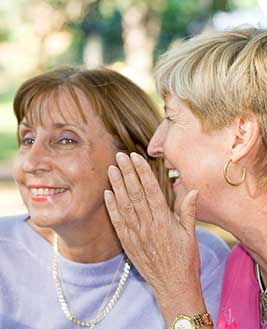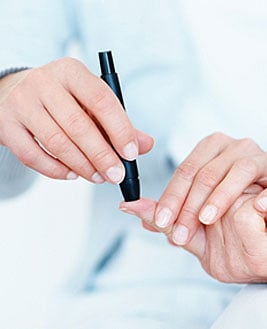Hearing Loss Overview
Hearing Condtions and Hearing Aids
Lorem ipsum dolor sit amet, consectetur adipiscing elit, sed do eiusmod tempor incididunt ut labore et dolore magna aliqua. Ut enim ad minim veniam, quis nostrud exercitation ullamco laboris nisi ut aliquip ex ea commodo consequat. Duis aute irure dolor in reprehenderit in voluptate velit esse cillum dolore eu fugiat nulla pariatur. Excepteur sint occaecat cupidatat non proident, sunt in culpa qui officia deserunt mollit anim id est laborum.

Hearing Loss and Other Health Concerns
Studies have found a link between untreated hearing loss conditions and several other health concerns.

Contact us today for your own or your loved one’s personalized hearing evaluation or hearing questions.
248-889-7600 (Highland Office)
517-548-5900 (Howell Office)
contact us

